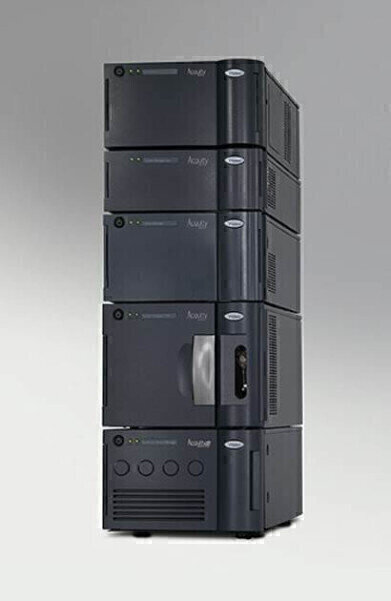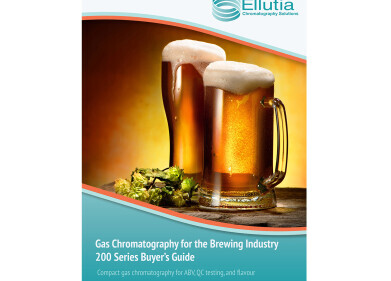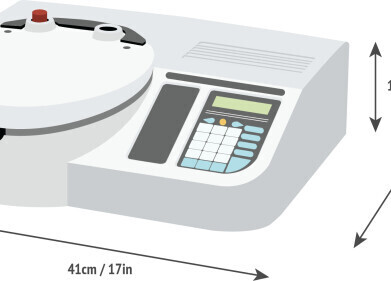Chromatography
A more efficient pharmaceutical industry By Warren Potts
Jun 08 2011
How quality by design eases method transfer to more efficient analytical instrumentation in the pharmaceutical laboratory.
Amid increasing interest by pharmaceutical manufacturers and regulatory bodies to apply quality by design (QbD) principles to processes and product, organizations are beginning to recognize that QbD can be a catalyst to facilitate continuous improvement, not only of manufacturing processes and product quality, but also productivity.
One area where this multi-faceted opportunity presents itself is in the area of laboratory analyses by liquid chromatography (LC), the gold standard in pharmaceutical analysis. This technique has recently undergone vast technological improvements that positively impact many areas, from development to manufacturing.
The International Conference on Harmonization (ICH) recognizes analytical procedures as key to demonstrating a deep scientific understanding of these products and processes. Adopting a QbD approach may create an impetus to transfer higher quality LC methods to reduce compliance risks, and increase regulatory flexibility for greater productivity and financial benefits.
Method transfer can be difficult due to the analysts’ experience levels in the transferring as well as the receiving laboratories, the LC instrumentation that the method is being transferred to, and the depth of knowledge about the method and the variables that can impact performance. The risk of failure on transfer is real and the result, having to re-work and re-validate the method, can be very expensive ¬¬− especially if it delays a drug getting to market.
How can companies attenuate the difficulties of method transfer? A lack of robustness (ensuring that a method remains reliable under normal conditions of use) is often the cause of transfer failures. By adopting a QbD approach during method development, companies can reduce the risk of method transfer issues later in the development process by building robustness into the development approach. This approach is in alignment with ICH 2Q8 Validation of Analytical Procedures: Methodology, which states “…the evaluation of robustness should be considered during the development phase…”. By evaluating robustness up front, quality is built into the method rather than tested for at the end during validation.
Potential impact
There are two key areas of potential impact for the company that adopts a QbD-based approach to method development. The first relates to flexibility: The ICH Q8 guideline on Pharmaceutical Development states “…the demonstration of greater understanding of pharmaceutical and manufacturing sciences can create the basis for flexible regulatory approaches”. The second is the direct impact of reducing method transfer failures. By following a QbD approach, method robustness is considered during development and an in-depth knowledge of the method is gained − allowing the key risk factors to be known and subsequently controlled.
As the industry focuses on shortening time to market and reducing operating costs, technologies that facilitate LC method transfer and QbD must do so seamlessly and efficiently. Waters has addressed this need by developing the ACQUITY UPLC® H-Class System for method development. Adopting a QbD workflow and building robustness into methods during development is facilitated by Fusion Method Development™ Software, which automates experimentation according to QbD principles.
These products combine for an integrated and efficient QbD LC method development solution that dramatically reduces the amount of time required to develop a robust method the first time, while also reducing the likelihood of issues upon method transfer. This convergence of technologies allows companies to easily put QbD principles and benefits into practice for greater efficiency, quality, and flexibility.
For more information, visit www.wates.com/methods
Digital Edition
Lab Asia Dec 2025
December 2025
Chromatography Articles- Cutting-edge sample preparation tools help laboratories to stay ahead of the curveMass Spectrometry & Spectroscopy Articles- Unlocking the complexity of metabolomics: Pushi...
View all digital editions
Events
Jan 21 2026 Tokyo, Japan
Jan 28 2026 Tokyo, Japan
Jan 29 2026 New Delhi, India
Feb 07 2026 Boston, MA, USA
Asia Pharma Expo/Asia Lab Expo
Feb 12 2026 Dhaka, Bangladesh



















